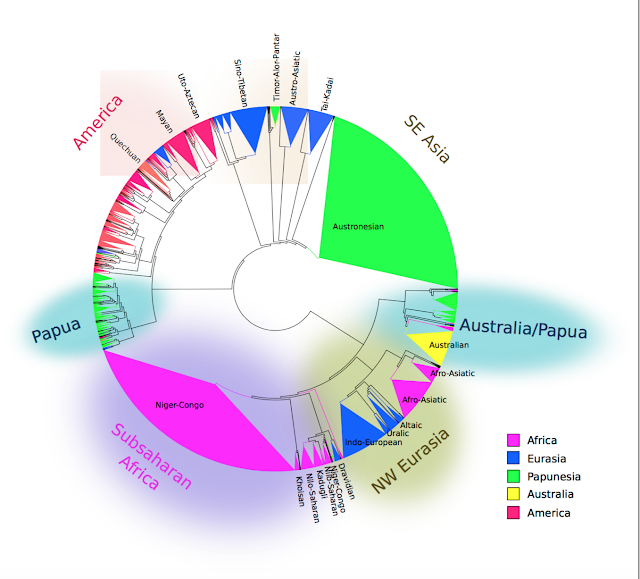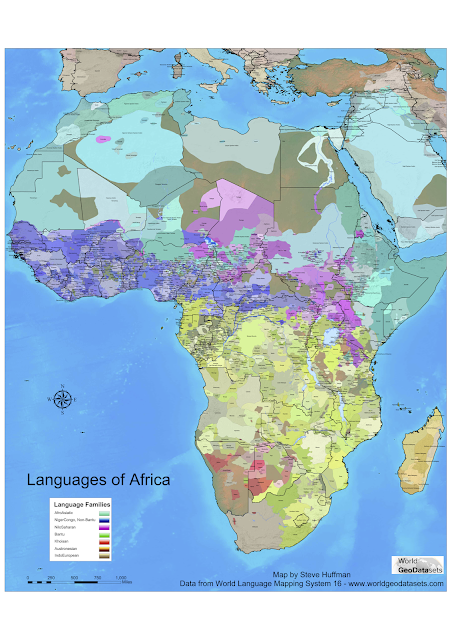Encroaching on the province of grammarians?
New writer here (new both to this blog and to blogging in general). My name is Siva Kalyan; I’m a visiting researcher at the ANU, and have interests in both cognitive linguistics and (computational methods in) historical linguistics.
A few weeks ago, when looking for something else*, I found a paper called “The Role of Language in Science”. It opens with a quote that was too good not to share:
A few weeks ago, when looking for something else*, I found a paper called “The Role of Language in Science”. It opens with a quote that was too good not to share:
“Nothing is more usual than for philosophers to encroach on the province of grammarians, and to engage in disputes of words, while they imagine they are handling controversies of the deepest importance and concern.”
—David Hume, An Enquiry Concerning the Principles of Morals, Appendix IV.
This is a familiar gripe about philosophy: that disputes often end up not being about the concepts that philosophers claim to be studying, but about the words that they use to study them.
But even granting that this were the case (and who are we to question Hume?), is this such a bad thing? Maybe, rather than “encroaching on our province”, philosophers are actually tilling our land for us; maybe large swathes of philosophy actually fall under the territorial claim of “semantics”—in particular, the semantics of words such as ought, want, know, or be, or their equivalents in other European languages. If so, then I, for one, welcome our unsuspecting confrères!
But even granting that this were the case (and who are we to question Hume?), is this such a bad thing? Maybe, rather than “encroaching on our province”, philosophers are actually tilling our land for us; maybe large swathes of philosophy actually fall under the territorial claim of “semantics”—in particular, the semantics of words such as ought, want, know, or be, or their equivalents in other European languages. If so, then I, for one, welcome our unsuspecting confrères!
(P.S. In case you’re wondering what that beautiful font on davidhume.org is: it’s the “English Roman” from Igino Marini’s Fell Types, a digital revival of typefaces that were used by the Clarendon Press at Oxford University in the late 17th century. They’re freely downloadable, and available as webfonts from Google.)
*Whether anyone’s tried modeling mental spaces using category theory.
*Whether anyone’s tried modeling mental spaces using category theory.



Comments
Post a Comment